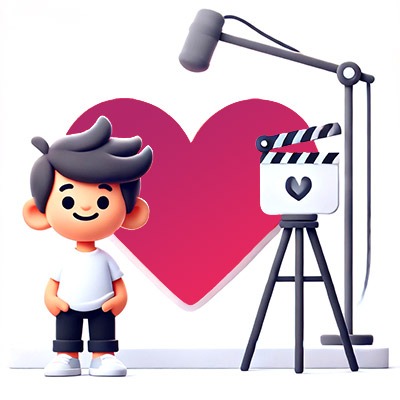What does Work Permit for Minors mean?
Work Permit for Minors is a legal document that allows children under 18 to work in the entertainment industry. These permits are required by law in many countries and states to protect young performers. They regulate important aspects such as the number of hours a child can work, mandatory rest periods, and requirements for education during production. Each state in the U.S. issues its own work permits, meaning rules and processes can vary widely depending on the location of the project. For example, California’s labor laws are stricter than many other states, particularly regarding school hours and time spent on set.
In addition to setting work hour limits, these permits often require regular health checks, ensuring the child’s well-being while employed. Productions must comply with these regulations, and any violation can result in penalties or fines. Parents or guardians are responsible for obtaining the permit, but the production must verify the child has one before any work begins. This safeguards not just the child actor but also the production itself from legal issues or delays.
Work permits are more than a formality—they are part of a system designed to prevent exploitation and overwork. They also help balance a child’s education and career. Without a valid permit, a child may not be allowed to work on set, halting production plans. Related terms include Coogan Account, which protects a portion of a child actor’s earnings, and the Studio Teacher, who ensures that young actors meet educational standards while working.

